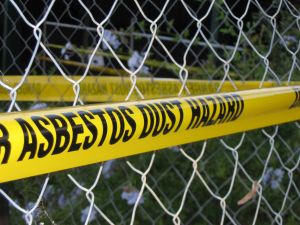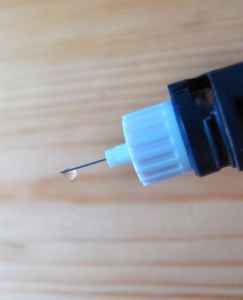When a patient is on dialysis, it is very important for doctors and care providers to do everything possible to help ensure that the dialysis goes smoothly and that nothing happens to compromise the health of the patient either during the dialysis or when providing other medical care. Unfortunately, a 2009 study indicated that drug mistakes are very common in U.S. kidney dialysis patients. Tragically, these mistakes can be deadly.
Our Boston dialysis malpractice attorneys want to ensure that patients and doctors are aware of the high risk of drug mistakes. We urge every doctor and care provider to read drug warning labels in every situation, but especially when dealing with dialysis patients who have the added complication of failed kidneys. 
Common Medication Errors in U.S. Kidney Dialysis Patients
A number of different types of medical errors may be made to put dialysis patients at risk. One study in 2009, however, revealed that there was a pervasive problem. The study, according to a Reuters press release, indicated that approximately 20 percent of patients in the U.S. who are on kidney dialysis and who undergo a procedure to open a blocked artery are given the wrong type of blood clot medication. When patients are dosed with the wrong drug, this significantly increases the risk of a hemorrhage and of potentially fatal bleeding.
There are two common blood thinners administered to patients who have a procedure to open blocked arteries. The blood thinners are called Lovenox, a brand name of enoxaparin, and Integrillin, a brand name of eptifibatide. Both blood thinners state in their drug warning labels that they are not recommended for use in patients undergoing kidney dialysis because they are cleared from the patient’s body through the kidneys. Dialysis patients, of course, cannot clear them through the kindeys since their kidneys do not work. There is, therefore, a significant risk of serious bleeding.
Despite the clear dangers of administering these blood thinners, researches found that many dialysis patients were being incorrectly dosed with the drugs. Researchers studied data collected between January 2004 and August 2008 from 829 hospitals and 22,778 dialysis patients. All of the patients studied had undergone a percutaneous coronary intervention, which is the medical term for a procedure to open a blocked artery. Of these patients, 5,084 of them had received a blood thinner that wasn’t recommended. This is about 22.3 percent of all patients studied.
The patients who received a blood thinner they shouldn’t have had twice the number of bleeding episodes in the hospital after their coronary interventions. There was also a higher rate of death among the patients.
These results are tragic, and they illustrate a major problem in the United States that affects all dialysis patients. That problem is that doctors may not properly read drug labels before administering medication. The blood thinners, and many other drugs, are all processed and removed from the body through the kidneys. Since dialysis patients do not have healthy functioning kidneys to do this work, all doctors and care providers MUST carefully read drug information to determine if any medication they are considering prescribing is safe for dialysis patients.
Continue reading
 Boston Personal Injury Attorney Blog
Boston Personal Injury Attorney Blog











